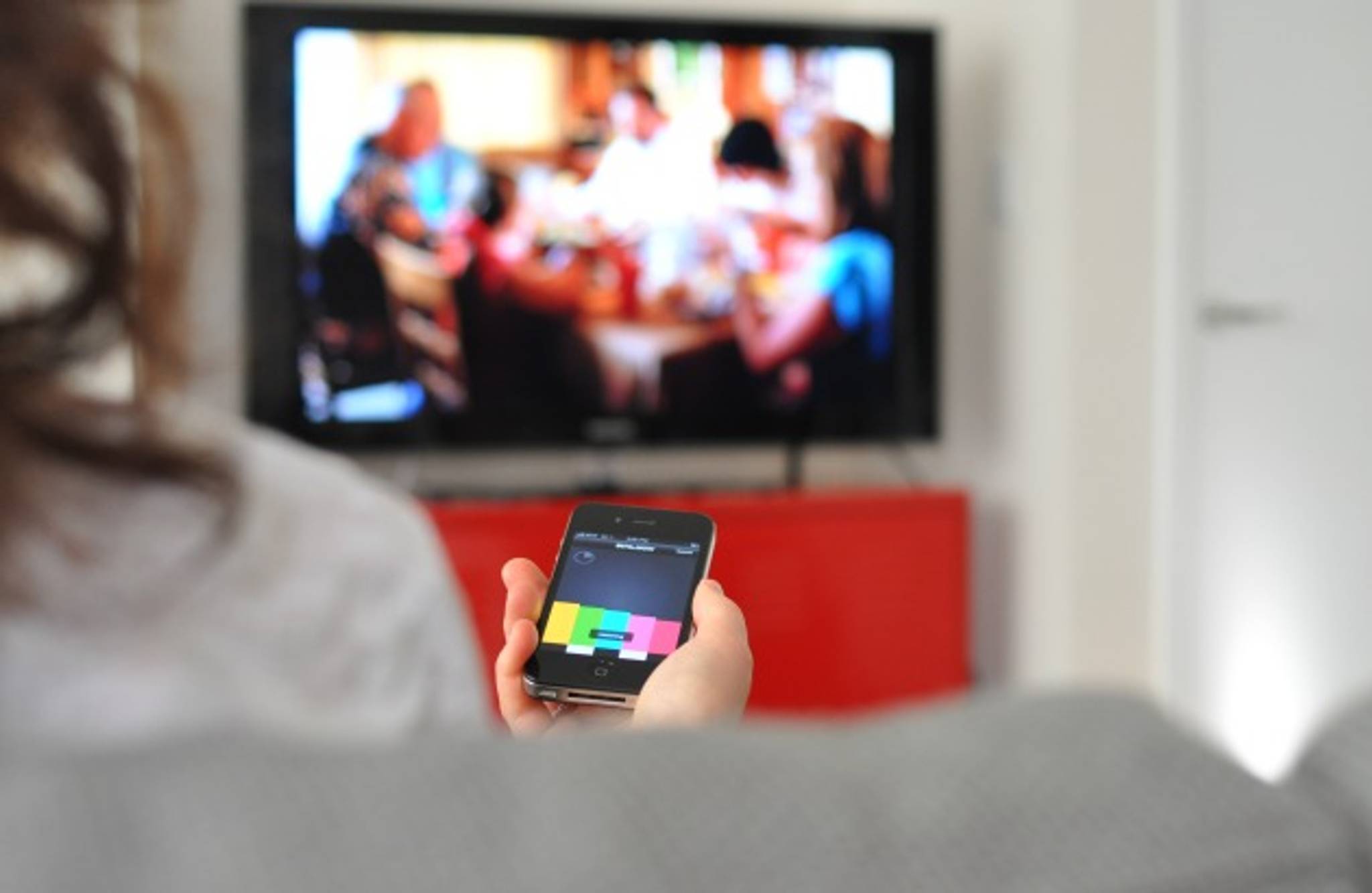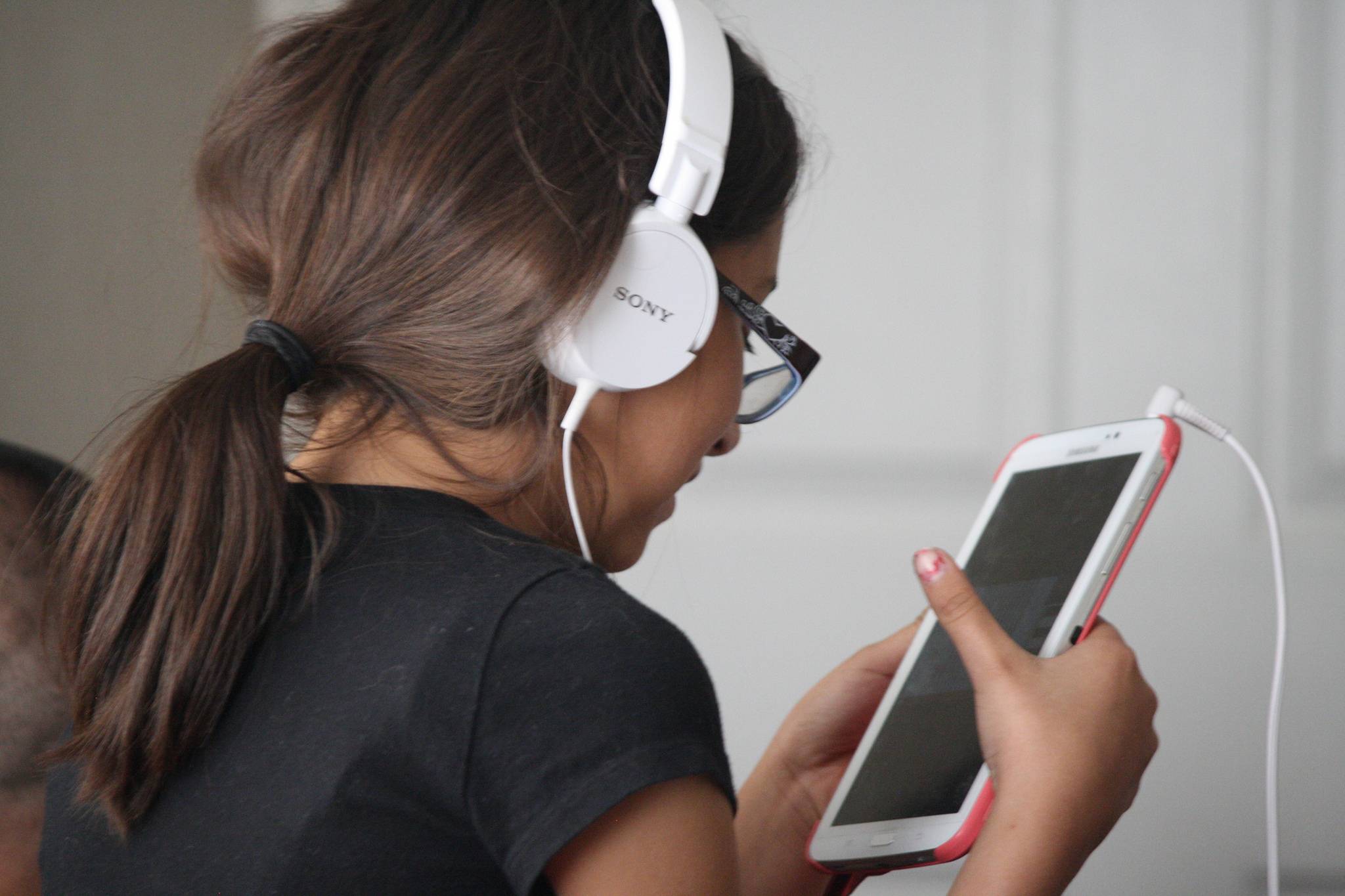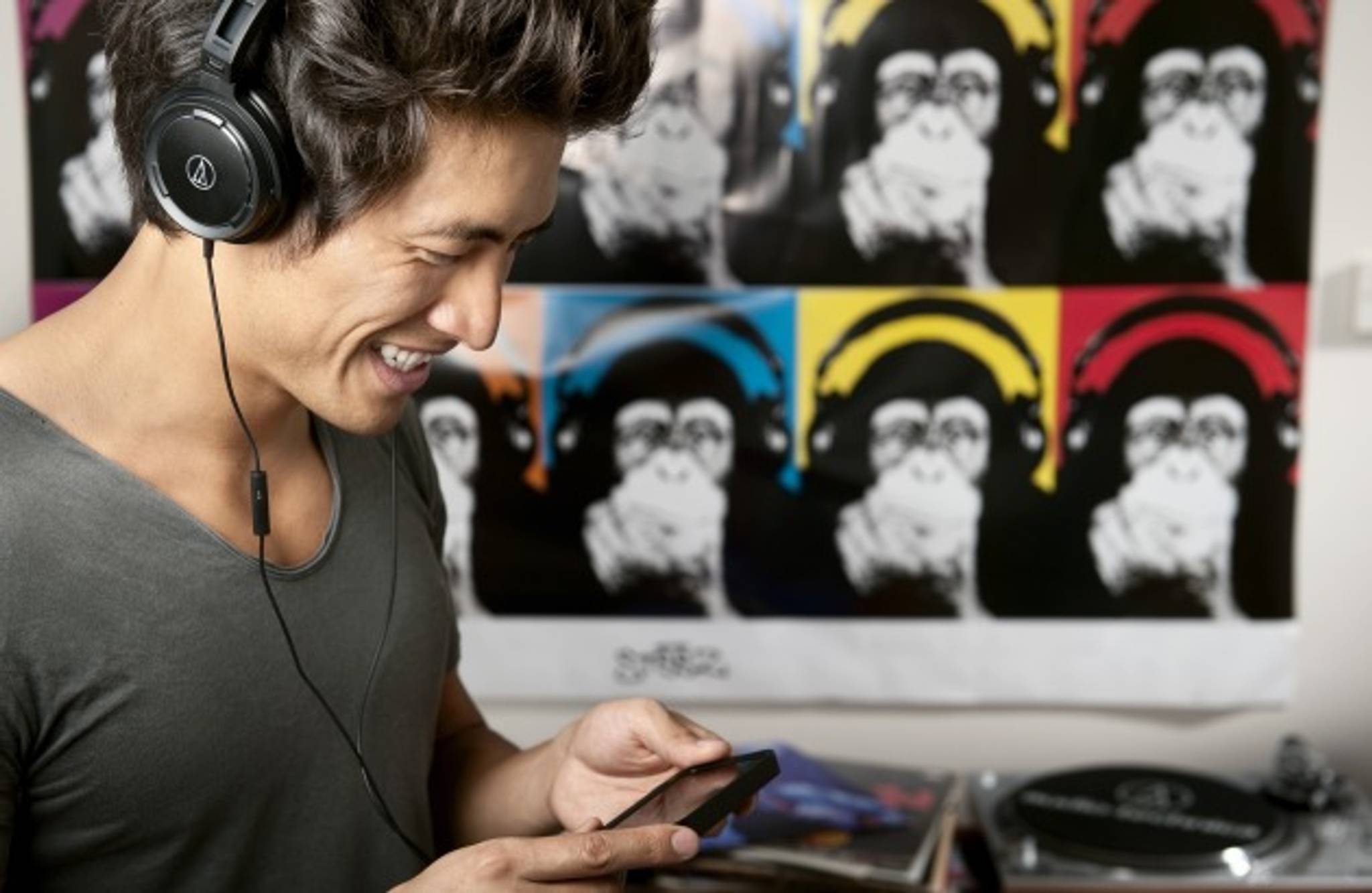
©Rising Star (2014)
Case Study|2 Jul 2014
Rising Star: an interactive talent showThe talent show format has fallen out of favour. American Idol viewers fell 66% in three years, and only three seasons of The X Factor were made in the US before it was dropped. Can interactive programme Rising Star bring the talent show back into people’s living rooms?
- Sectors
- Locations CaribbeanIsraelNorth AmericaCanada
Related







